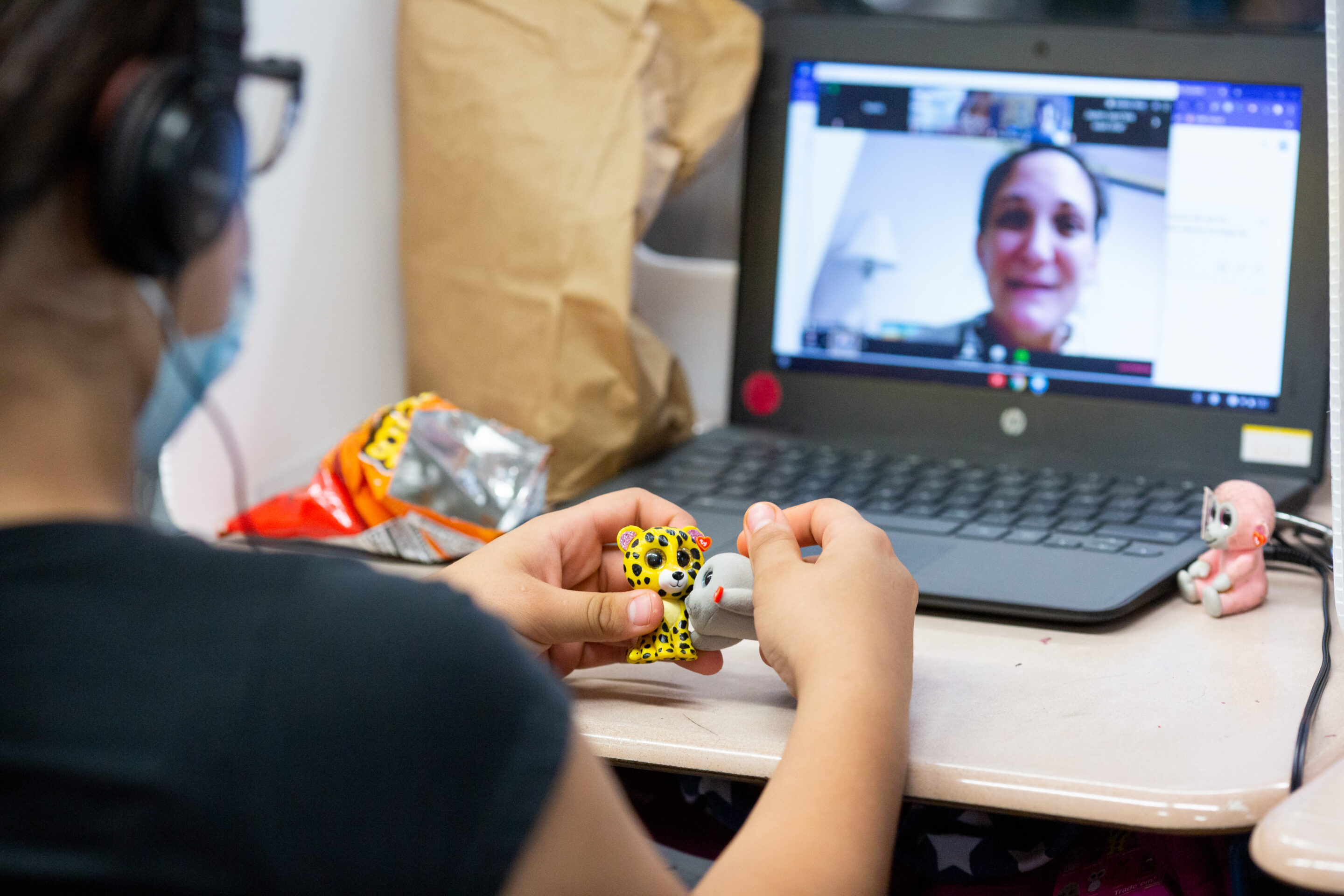The unprecedented disruption caused by the Covid-19 pandemic has required educators to find new ways to teach effectively in a virtual environment. In a new working paper, Beth Schueler of University of Virginia and Martin R. West of Harvard University showcase promising practices that can promote online engagement and virtual learning.
The researchers examined perceptions of the National Summer School Initiative’s five-week summer virtual program by interviewing a representative sample of teachers and analyzing survey results from educators, parents, and students.
The results showed that a large majority of teachers agreed that students improved their academic skills (82 percent), gained confidence in their academic abilities (83 percent), and became more interested in school and learning (72 percent) due to the summer program. Teachers believed their teaching improved and appreciated receiving adaptable curricular materials. Participants wanted more relevant math content, more differentiated development, and less asynchronous movement content.
The innovative program, renamed Cadence Learning, has continued during the school year. It employs a team of national “mentor teachers” who support online instruction in partner schools throughout the country. Due to the qualitative and short-term nature of this research, educators need longer-term quantitative research to determine best practices for remote instruction. Nonetheless, the results of this study suggest that well-planned practices can have positive results for both students and teachers in virtual environments.
Robert Nishimwe
